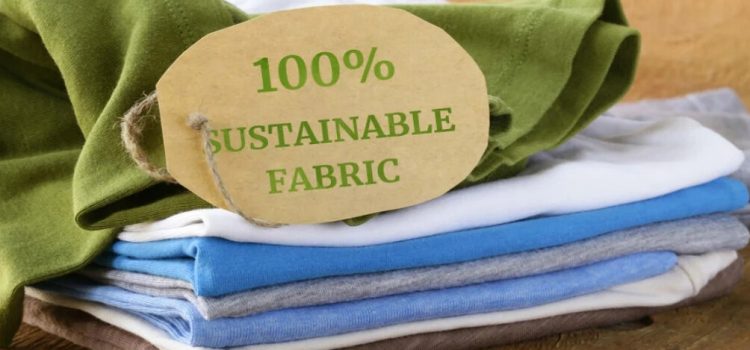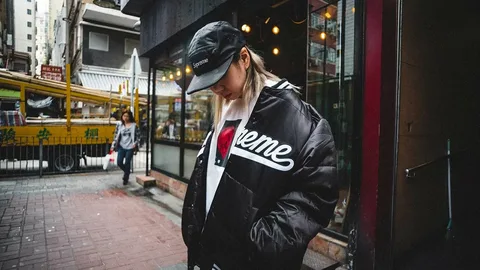
Introduction
Sustainable fashion is a trend that is here to stay. People are more aware of the environmental impact of their choices. One of the most exciting trends is the use of Breathable Fabrics. These fabrics make clothes comfortable to wear. They also help keep the Earth healthy.
In this article, we will discuss what makes fabrics breathable and why they are central to modern sustainable fashion. We will look at the materials, benefits, and tips to help you embrace this trend. Our goal is to offer clear, simple information that anyone can understand. Let’s explore how breathable fabrics are leading a revolution in sustainable fashion.
What Is This: Understanding Breathable Fabrics
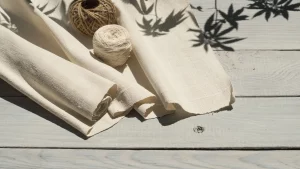
Breathable fabrics are materials that let air pass through them easily. This quality helps to keep your body cool, especially on hot days. It also helps to wick away sweat and moisture. Many eco-friendly textiles are known for their breathability. Designers use these materials to make clothes that feel light and fresh.
The Connection Between Breathable Fabrics and Sustainability
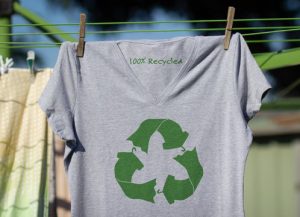
As the fashion industry seeks to become more eco-friendly, breathable fabrics have emerged as a key player in sustainable fashion trends. The environmental impact of fabric production is a major concern, with conventional synthetic fabrics often contributing to pollution, excessive water use, and poor labor conditions. Breathable fabrics, particularly those made from natural or recycled materials, offer a sustainable solution by reducing waste, using fewer resources, and promoting better health for both the wearer and the planet.
Key Benefits of Breathable Fabrics

Using breathable fabrics in clothing offers many benefits. Let’s look at some key advantages:
1. Enhanced Comfort
Wearing breathable fabrics makes a big difference in comfort. These materials allow air to flow and keep you cool, especially in warm weather. They help manage moisture, which means you stay dry during outdoor activities or workouts. Comfortable clothing helps you feel good all day long. This is why many consumers prefer clothing made from these materials.
2. Better Health and Hygiene
Clothes that are made from breathable fabrics can help prevent skin irritation and rashes. They reduce the build-up of sweat and bacteria on your skin. This is important for overall health and wellness. Breathable textiles help keep your body at a normal temperature and reduce the risk of skin issues. A healthier garment is one that supports good hygiene.
3. Environmental Benefits
Sustainable fashion trends promote the use of materials that are kind to the environment. Breathable fabrics are often made from natural fibers like cotton, linen, and bamboo. Organic versions of these fibers are grown without harmful chemicals. Using eco-friendly materials helps lower the impact on the planet. This means less pollution and fewer chemicals in the water and soil. Eco-friendly clothing contributes to a healthier planet.
4. Cost Efficiency Over Time
While sustainable clothing might sometimes cost more upfront, it often lasts longer. Clothes made from quality breathable fabrics do not wear out quickly and can be repaired easily. This makes sustainable fashion not only smart for the planet but also smart for your budget.
5. Versatility in Design
They can be used in various types of clothing, from casual wear to athletic gear and even formal attire. Designers can create innovative styles using these materials. The versatility allows consumers to enjoy fashionable, comfortable, and eco-friendly clothing for any occasion.
How Minimalism and Sustainability Join Forces

Many sustainable fashion trends now go hand in hand with minimalism. Minimalist style focuses on fewer, higher-quality items. When you combine minimalism with breathable and eco-friendly fabrics, you create a wardrobe that is sustainable, timeless, and easy to maintain.
A minimalist wardrobe means that you choose only what you need. This reduces waste and helps you focus on quality. The use of breathable fabrics in a minimalist wardrobe also means you have clothes that are comfortable, stylish, and durable. Many experts believe that a minimalist approach to fashion is key to achieving sustainable fashion.
The Role of Technology in Sustainable Fashion
Technology has a major impact on sustainable fashion trends. Designers are using new methods to create fabrics that are more eco-friendly and breathable. Advances in textile technology have allowed the development of materials like recycled polyester and organic blends that are both strong and gentle on the planet.
Environmental and Social Benefits
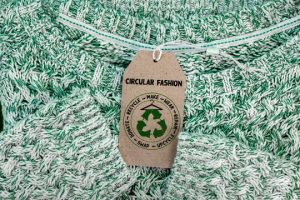
Choosing breathable fabrics is not only good for your comfort and style; it also has positive effects on the environment and society. Sustainable materials require less water, energy, and harmful chemicals to produce. This reduces pollution and helps preserve natural resources. Additionally, supporting ethical brands can improve the lives of workers and boost local economies.
A Comparison Table: Traditional vs. Sustainable Minimalist Fashion
| Aspect | Traditional Fashion | Sustainable Minimalist Fashion |
|---|---|---|
| Materials | Often synthetic and treated with chemicals | Natural, organic, and eco-friendly, e.g., organic cotton, linen, bamboo, hemp, Tencel |
| Production | High waste and energy use | Reduced waste with sustainable production methods |
| Design Philosophy | Often trend-driven, many items | Minimalist, fewer items, focus on quality and longevity |
| Comfort | Can feel hot and synthetic | Breathable, keeps you cool and comfortable |
| Environmental Impact | Higher carbon footprint and pollution | Lower carbon footprint, water use, and chemical use |
| Cost Efficiency | May require frequent replacement | Higher quality, lasts longer, saves money over time |
This table shows the benefits of choosing sustainable minimalist fashion over traditional options. The sustainable approach helps you look good while also protecting the environment.
Real-Life Success Stories

Many people have already embraced sustainable fashion trends using breathable fabrics. One young professional switched to an eco-friendly wardrobe and said that she now feels more comfortable and confident. Another fashion enthusiast shared that using natural fibers in her daily outfits improved her skin and overall comfort, especially during hot weather.
Tips for Adopting Sustainable Fashion
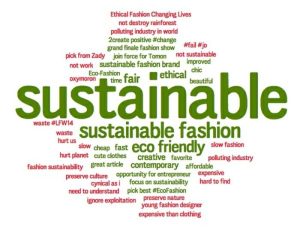
Here are some simple tips to help you adopt sustainable fashion trends:
- Do Your Research: Look for brands that are committed to sustainability. Check if they use natural, eco-friendly materials.
- Invest in Quality: Choose higher-quality pieces that last longer. This means fewer replacements and less waste.
- Embrace Minimalism: Build a wardrobe with fewer items that work well together. This helps you create a timeless style and reduces clutter.
- Care for Your Clothes: Follow care instructions to extend the life of your garments. This simple step can help save resources.
- Support Local: Buying locally made clothing can reduce shipping emissions and support local economies.
- Recycle and Donate: When your clothes are no longer needed, recycle or donate them rather than throwing them away.
These tips help you make smart choices and build a sustainable wardrobe that is both stylish and kind to the planet.
Conclusion
In 2025, sustainable fashion trends are driven by the use of breathable fabrics that offer both style and comfort. These Eco-Friendly Materials are key to reducing environmental impact while providing high-quality, minimalist designs. Fashion now embraces simplicity, durability, and transparency. By choosing sustainable options, you enhance your wardrobe and help protect our planet. Adopt these trends to enjoy a cleaner, greener, and more stylish future.








